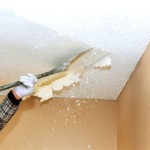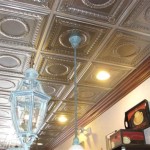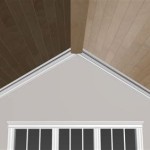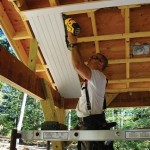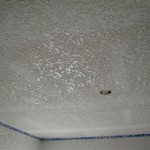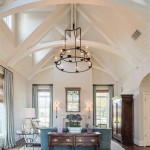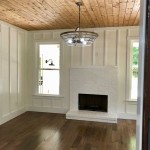Understanding Ceiling Fan Blade Arms and Legs
Ceiling fans are an essential part of many homes, providing a comfortable and energy-efficient way to cool and circulate air. While the blades themselves are responsible for creating airflow, the arms and legs that hold them play a crucial role in the functionality and aesthetics of the fan. These components, often used interchangeably, are essential for understanding the mechanics of ceiling fans and choosing the right one for your needs.
Types of Ceiling Fan Blades Arms and Legs
There are two main types of components that hold ceiling fan blades: arms and legs. While they serve the same purpose, they differ in their design and aesthetics.
Arms
Ceiling fan arms are typically straight, rigid pieces of metal that extend from the fan's motor housing to the blade mounting points. They are often made of steel, aluminum, or other durable materials to ensure stability and support for the blades. Arms are generally simpler in design and more common in traditional ceiling fans.
Legs
Ceiling fan legs, also known as blade holders, are more decorative and often feature a curved or angled design. They can be made from various materials, including metal (brass, copper, wrought iron) or wood. Legs offer a more elegant and sophisticated look, making them popular choices for contemporary or farmhouse-style ceiling fans.
Factors to Consider When Choosing Arms and Legs
When selecting a ceiling fan, considering the type of arms or legs is crucial. Here are some key factors to keep in mind:
Blade Span
The blade span, or the distance between the tips of opposite blades, is directly related to the effectiveness of the fan. Longer arms or legs increase the blade span, resulting in greater airflow and coverage. However, they also require more ceiling height to prevent blades from hitting walls or furniture.
Style and Aesthetics
The design of the arms and legs plays a significant role in the overall aesthetic of the ceiling fan. Choose a style that complements the décor of your room. For example, traditional fans often feature simple arms, while modern fans might use sleek legs with curves or angles.
Material and Durability
The material of the arms or legs affects their durability and longevity. Steel and aluminum are generally durable and resistant to corrosion, while wood might require more maintenance. Consider the environment and any potential exposure to moisture when making your choice.
Finish and Color
The finish and color of the arms or legs should complement the other elements of the fan, such as the blades and motor housing. Choose a finish that blends seamlessly, or use a contrasting color to create a statement piece.
Maintenance and Cleaning
Regular maintenance and cleaning are essential to maintain the performance and longevity of your ceiling fan. The arms and legs should be wiped down periodically with a damp cloth to remove dust and debris. Avoid using harsh chemicals or abrasive cleaners that could damage the finish. Inspect the arms and legs for any signs of corrosion or wear. If you notice any issues, contact a qualified technician for repair or replacement.

8 Ceiling Fan Parts And Accessories Family Handyman

8 Ceiling Fan Parts And Accessories Family Handyman

How To Measure For A Ceiling Fan The Home Depot

Installing A Ceiling Fan In Home Or Office Pro Tool Reviews

Installing A Ceiling Fan In Home Or Office Pro Tool Reviews

Ceiling Fan Wikipedia

How To Balance A Ceiling Fan The Home Depot

Home Decorators Collection 56 In Montel Led Espresso Broe Ceiling Fan With Light And Remote Control Am579 Eb The Depot

Home Decorators Collection Fawndale 46 In Indoor Integrated Led Broe Ceiling Fan With Light Kit 5 Reversible Blades And Remote Control 52024 The Depot

Xtreme H2o Ceiling Fan By Minka Aire Fans At Lumens Com
Related Posts

